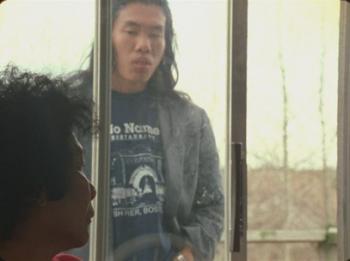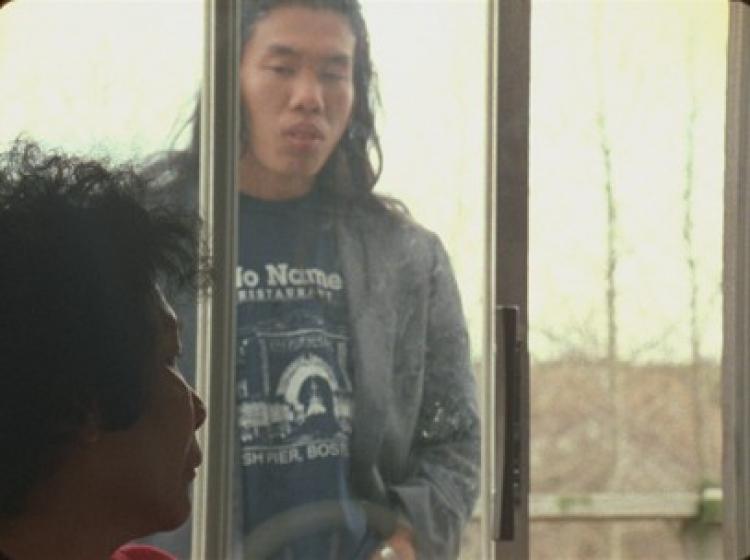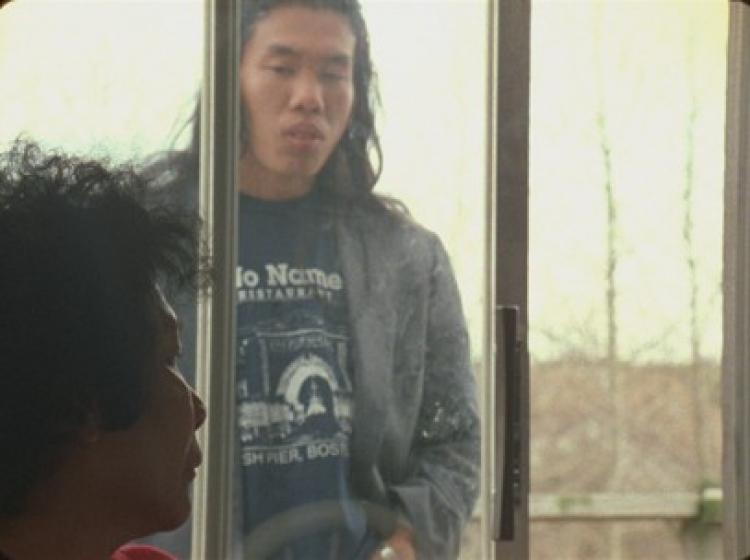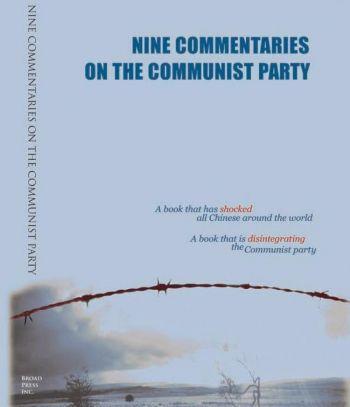“The time will come when the universe will shake. It will break piece by piece, country by country, religion by religion. Husband and wife will break into two. The children will escape, blowing like the wind. They will scatter to hide in the woods on islands like frightened deer hunted by evil men. The world as we know it will change beyond recognition.”
The Betrayal opens with the reading of this 5,000-year-old Laotian prophecy. Based on a true story, the documentary follows Thavisouk Phrasavath (Thavi), the eldest of eleven siblings, who together with their mother are forced to flee Laos for the hardship of an immigrant life in crime-ridden New York City in the 1980s.
During the Vietnam War, the Communist Northern Vietnamese Army used Laos as a staging area and a supply route for its attacks against the South. This made Laos the location of a secret American air war, and much of the country was ravaged by the bombing.One of the Laotians recruited by the U.S. to fight the Communist forces and direct the air campaign was Thavi’s father. When the Americans eventually left Vietnam and the communist Pathet Lao took over Laos, Thavi’s father was sent to a labour camp for a re-education “seminar.” His family members were now considered traitors.
The fear and hardship that was life under Communist rule resulted in a tragic scenario in which Thavi’s mother was forced to leave behind two of her daughters, one 16 and one just 3, when they had one fleeting chance to flee the country.
Ending up in New York City, the family struggled to hold onto their structure and unity in a society that was fast losing its own values.
One of the most interesting aspects of The Betrayal is that it was shot over the course of 23 years and managed to capture on film many spontaneous and personal moments in the family’s life, including when Thavi’s father miraculously called them many years after they had left Laos.
In an interview with Alternate Film Guide, the film’s co-director Ellen Kuras (the other director was Thavi) describes how this was achieved.
“I actually had another life going on concurrently with my career as a cinematographer in the film world; I was hanging out in Brooklyn with Thavi during every moment I had while not shooting other films.”
With 23 years of footage, what emerged was not an overly dramatic piece but a personal and very poetic film. For instance, we learn much about Thavi’s mother from the shots that linger on her face that show her pain and firm resolve.
While watching The Betrayal, one feels deeply the hardship the family went through and the tragedy.
The Betrayal opens with the reading of this 5,000-year-old Laotian prophecy. Based on a true story, the documentary follows Thavisouk Phrasavath (Thavi), the eldest of eleven siblings, who together with their mother are forced to flee Laos for the hardship of an immigrant life in crime-ridden New York City in the 1980s.
During the Vietnam War, the Communist Northern Vietnamese Army used Laos as a staging area and a supply route for its attacks against the South. This made Laos the location of a secret American air war, and much of the country was ravaged by the bombing.One of the Laotians recruited by the U.S. to fight the Communist forces and direct the air campaign was Thavi’s father. When the Americans eventually left Vietnam and the communist Pathet Lao took over Laos, Thavi’s father was sent to a labour camp for a re-education “seminar.” His family members were now considered traitors.
The fear and hardship that was life under Communist rule resulted in a tragic scenario in which Thavi’s mother was forced to leave behind two of her daughters, one 16 and one just 3, when they had one fleeting chance to flee the country.
Ending up in New York City, the family struggled to hold onto their structure and unity in a society that was fast losing its own values.
One of the most interesting aspects of The Betrayal is that it was shot over the course of 23 years and managed to capture on film many spontaneous and personal moments in the family’s life, including when Thavi’s father miraculously called them many years after they had left Laos.
In an interview with Alternate Film Guide, the film’s co-director Ellen Kuras (the other director was Thavi) describes how this was achieved.
“I actually had another life going on concurrently with my career as a cinematographer in the film world; I was hanging out in Brooklyn with Thavi during every moment I had while not shooting other films.”
With 23 years of footage, what emerged was not an overly dramatic piece but a personal and very poetic film. For instance, we learn much about Thavi’s mother from the shots that linger on her face that show her pain and firm resolve.
While watching The Betrayal, one feels deeply the hardship the family went through and the tragedy.






